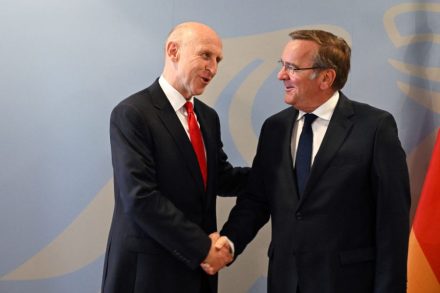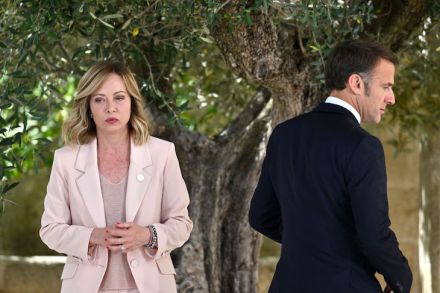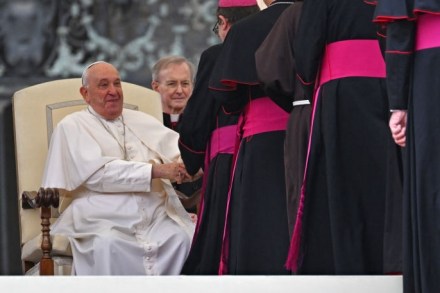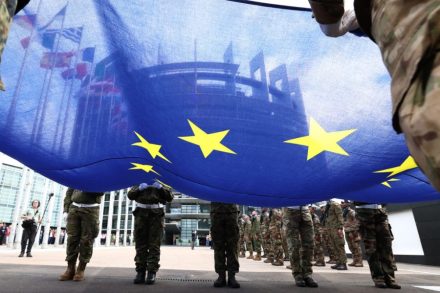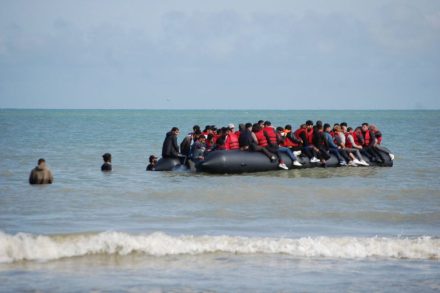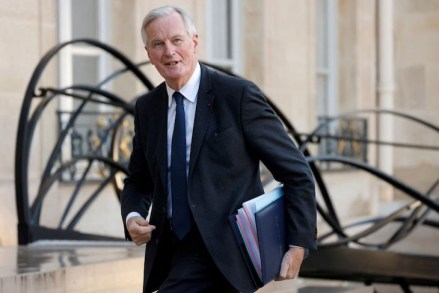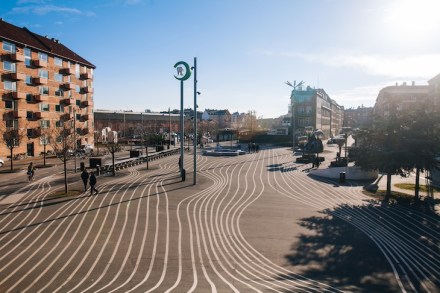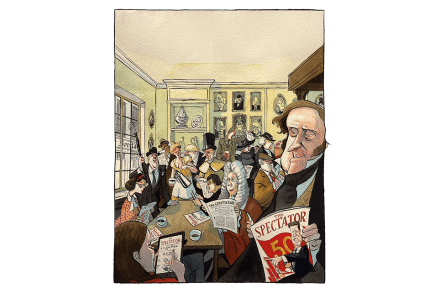Why do Britain and Germany need their own defence pact?
It is a standard feature of modern politics that government announcements are preceded by announcements of announcements. The ground must always be prepared. Accordingly, the media has been briefed that this week the United Kingdom and Germany will sign a defence cooperation agreement, part of the government’s stated desire to strengthen its relationship on security with the European Union. We should not expect a revolution so much as an eager scattering of glitter on what is actually relatively humdrum. John Healey, the defence secretary, visited Berlin in July and agreed a joint declaration on defence with his German counterpart Boris Pistorius. While it was breathlessly billed as ‘the first step
